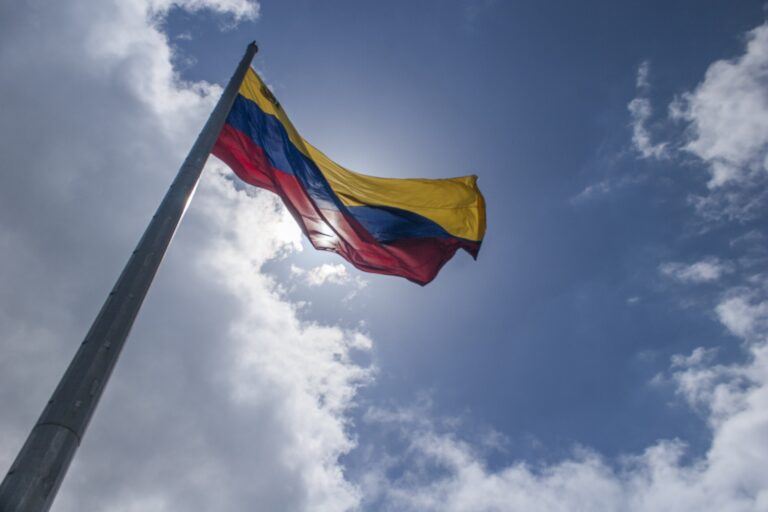KFC Venezuela will not at present allow payments in the Dash (DASH) cryptocurrency, despite several reports to the contrary in both traditional and crypto-focused media. However, such a future possibility is not out of the question.
KFC, or Kentucky Fried Chicken, is a US-based international fried chicken restaurant chain, with approximately 21,000 locations worldwide.
The fault for misreporting apparently lies with Dash Merchant Venezuela, who implied in a tweet that they had jumped the gun somewhat by giving the impression that customers would soon be able to pay with the top-20 cryptocurrency.
“Unfortunately, the message released was premature and reflected our optimism instead of the current state of our discussion with KFC Venezuela,” the release said.
Dash Merchant Venezuela clarified that they are merely discussing the testing of DASH payments at a single Caracas KFC restaurant, in hopes of wider adoption.
Videos on the organization’s Twitter feed indicate that they are also (at least) testing DASH payments at other, comparable US-based restaurant chains Subway and Papa John’s, and that some merchant adoption has been achieved.
KFC has reportedly improved the quality of its food in the past few years, after an employee-shot 2013 viral video showed disturbing practices and norms at one US restaurant.
Venezuela – A Breeding Ground for Crypto?
Concerns about the payment options of international food chains are striking when juxtaposed with frequent reports of food shortage and even starvation in Venezuela. Economic and political turmoil in the country often makes it the subject of intense media attention, as it suffers from a hyperinflating currency and several forms of international sanction.
Conditions in and surrounding Venezuela have made it a hotspot of cryptoasset activity, both for free and open cryptocurrency like Bitcoin, and of the new wave of state-backed cryptocurrencies exemplified by the Venezuelan Petro (PTR) digital asset.
The Petro, a centrally issued cryptocurrency built on Ethereum’s ERC20 standard, is an attempt to conduct the hydrocarbon trade in a currency other than US dollars, and trading using the state crypto is set to begin in March 2019.
CryptoGlobe recently reported on burgeoning activity of peer-to-peer bitcoin trading platform Localbitcoins in Venezuela, presumably because of Bitcoin’s use case as both a remittance vehicle and a more stable asset than the national currency.









